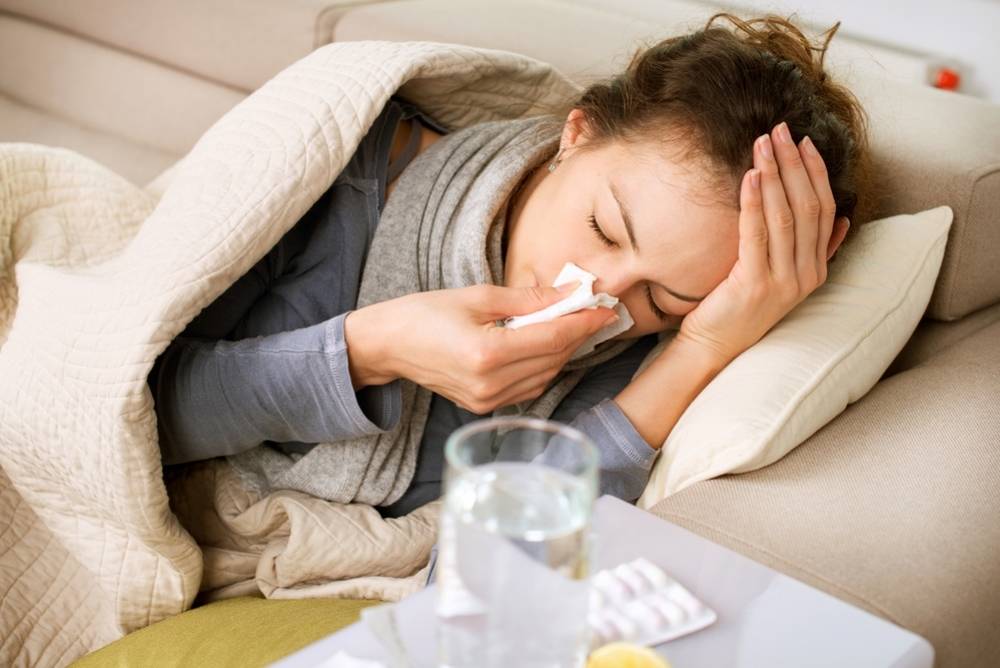You asked, Should I exercise when I'm sick?
读者提问:生病时我应该运动吗?
If you want to protect yourself from colds and flu, regular exercise may be the ultimate immunity booster.
如果你想预防感冒和流感,经常锻炼或许可以说是提高免疫力最好的办法。
Studies have shown that moderate aerobic exercise—
研究表明,适度的有氧运动——
30 to 45 minutes per day of activities like walking, biking or running—
也即每天坚持30--45分钟的活动,如散步、骑车或跑步——
can more than halve your risk for respiratory infections, partly by increasing circulation of immune cells.
能够将呼吸道感染的几率缩小一半,部分通过加快免疫细胞的循环。
But when you feel sick, the story changes.
但你要是生病了,那就另当别论了。
"Exercise is great for prevention, but it can be lousy for therapy,"
“锻炼对感冒的预防很管用,但对感冒的治疗而言就非常糟糕,”
says David Nieman, director of the Human Performance Lab at Appalachian State University.
阿巴拉契亚州立大学人类机能实验室主任大卫·尼曼说。

Research shows that moderate exercise has no effect on the duration or severity of the common cold, in which symptoms occur from the neck up.
研究表明,适度运动对普通感冒,也即症状只在颈部以上部位出现的感冒,持续的时间以及严重程度并没有影响。
If you have the flu or another fever-causing infection, exercise can slow recovery.
如果您患上的是流感或其他发烧引起的感染性感冒,那么运动是会降低你恢复健康的速度的。
Your immune system is working overtime to fight off the infection,
你的免疫系统本来就在超负荷地抵御感染了,
and exercise, a form of physical stress, makes that task harder.
运动,本身就是一种身体压力,只会让这项任务变得更加艰巨。
Once your fever has subsided, wait a week before easing back in, says Nieman.
一旦你的烧已经消退,请等一周再慢慢恢复锻炼,尼曼说。
By the end of the second week post-fever, if you're feeling good, you can return to your usual training.
在发烧后的第二周结束时,如果你感觉不错的话,就可以恢复平时的训练节奏了。
译文由可可原创,仅供学习交流使用,未经许可请勿转载。


